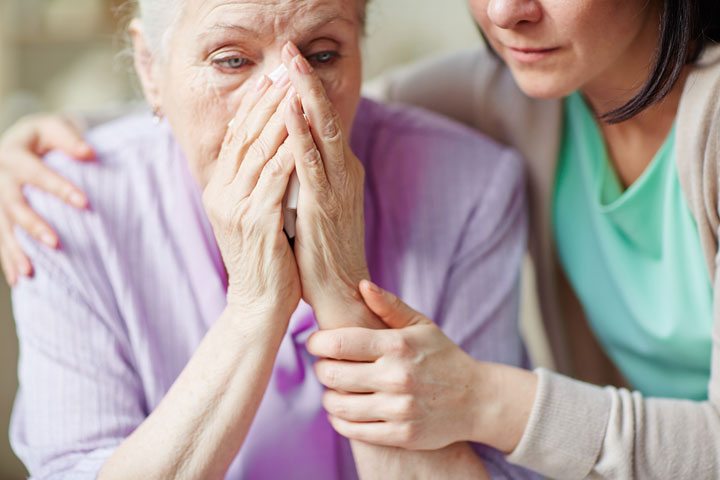According to a 2020 AARP research report, ” caregiving for older adults (defined as those ages 50 or older) has increased by 7.6 million caregivers since 2015, with 1 in 6 Americans now providing care to someone age 50 or older. This equates to nearly 42 million adults caring for someone age 50 or older and is a trend that is only expected to persist”. It’s no wonder that family issues arise when mom and/or dad’s needs make life a lot more complicated, especially for the primary caregivers. Family disputes between siblings and even parents and children can cause rifts in the family dynamics just when the need for solidarity is at its greatest. So how can a family keep those precious familial bonds during this stressful time?
The Answer for Many is Mediation
According to eldercare attorney and mediator Nancy Milton of Elk Grove, CA, three issues cause the most problems in a family: money, control and independence. Cultural values also create conflict. It is usually one family member that bears the load of nearly all the care and that can cause stress, burn-out and resentment. The other family members often feel guilt which makes for more conflict in the family. Milton says that talking and really listening in a safe, neutral environment can begin the healing and the understanding between family members.
The first issues heard during mediation are often just “the tip of the iceberg,” according to Milton. But once even a small agreement is made and put down in writing, bigger issues become easier to deal with. Courts have upheld these agreements and staying out of court saves thousands of dollars for everyone involved.
Planning and Documenting an Elder’s Wishes
Cecilia Tsang, attorney for Family Wealth Law Group of Sacramento said knowing the elders wishes can be the most important consideration and should happen while the elder is healthy both mentally and physically. Waiting until there are mental and physical problems often lands family members in court and a family division usually ensues. If the elder makes the decisions beforehand, they don’t feel like their independence has been taken away.
Having the necessary documents in place also makes caring much easier and the elder’s wishes are established and held safe. A medical directive, a financial power of attorney and a family trust is essential to good planning, according to Tsang.
Money, Money, Money
Compensating the primary caregivers should also be addressed as early as possible. It’s not cheap caring for an elderly loved one. According to a 2021 AARP study, 78% of caregivers spend their own money on caregiving expenses, tallying on average, $7,242 (higher amounts are spent when caring for someone with dementia, Alzheimer’s, or have other complex care needs). On average, that is over a quarter of a caregiver’s own income. Male caregivers spend more for assisted living fees and rent/mortgage payments while their female caregivers spend more on medical costs and home modifications. AARP also found that almost half of caregivers were forced to cut back on personal spending or dip into their savings accounts. Most of us cannot afford to shoulder all the expense. What’s not considered by many is the physical problems that primary caregivers experience. AARP says, “The pandemic has heightened caregiver strain. ….. Nearly half of caregivers (48%) say the pandemic has worsened the mental health of the person they care for and 43% say it has worsened their care recipient’s physical health to at least some extent.” Add to that: almost a quarter of caregivers report cutting back on their own health care. A detailed 2020 report by BlueCross/Blue Shield discusses the physical and emotional side effects of caregiving.
The other family members need to consider how much money is saved by one of their own caring for their aging parents. The average cost of assisted living is around $4,500 a month. That cost rises significantly in a memory care facility or in skilled nursing.
